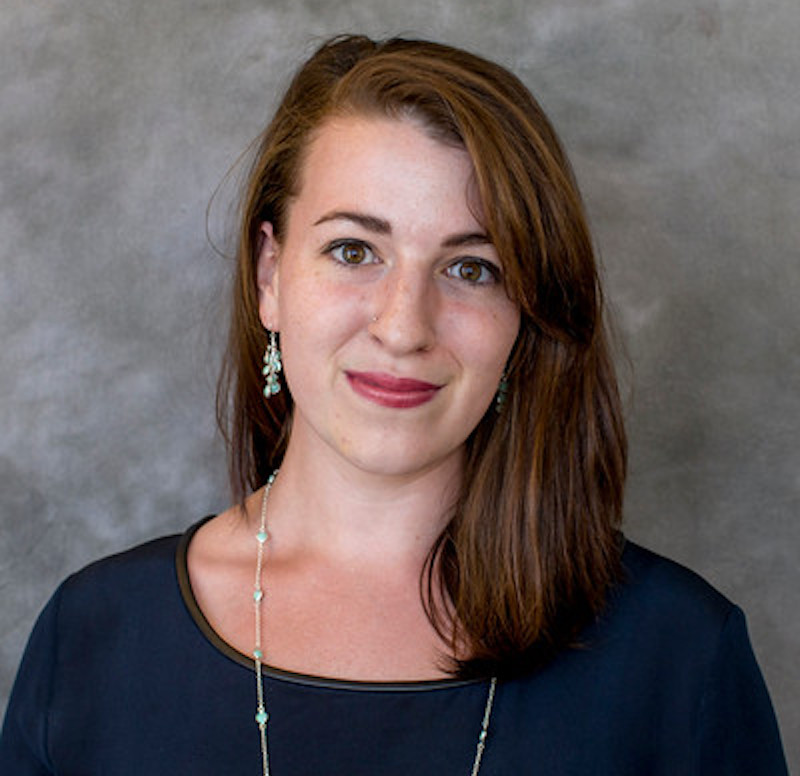Psychology
French
Peace, Justice and Human Rights

What is your current job?
I currently hold two part-time jobs. I work at the San Francisco Court Appointed Special Advocate Program as a Development Assistant and I also work at the National Center for Youth Law as a web editor.
At SFCASA, my responsibilities include managing and soliciting donations, as well as managing our website and creating our monthly newsletter. I also assist with the planning of our annual fundraising gala, which raised over $475,000 in 2015.
At NCYL, I manage two websites that both work towards empowering young people with information about their health and reproductive rights PregnantYouth.org is a comprehensive legal guide for teens, while TeenHealthLaw.org is a site for health providers educating them on the rights of the young people they serve.
I will be pursuing my Master's of Public Health in Fall 2016, and will likely switch to freelance/consulting work at that time.
Why did you choose this profession?
I started out in traditional marketing right after college, using my writing skills and experience in the communications department to work my way into the startup scene. But I became disappointed really quickly when I realized that the work I was doing had no aspect of social good attached to it. I realized I wanted to make my community better and help people, and working for a tech startup wasn't going to allow me to do that. So I decided to apply my technology skills to the nonprofit sector, where people with tech experience are sorely needed. I also wanted to explore my interests in trauma, therapy, and youth empowerment further. I had studied these topics at school and was eager to see how I could incorporate them into a career.
What more do you wish to accomplish in your professional career?
I hope to start or manage my own nonprofit that addresses the needs of young people who have been traumatized, primarily young women in foster care. I hope to find ways to incorporate creative therapies (music, art, dance, etc.) into the conversation around treatment for youth with behavioral or mental health challenges. I also think it's important to develop community spaces that empower youth and let them access information that can help them stand up for their own rights, particularly around their reproductive health. I am still searching for a way to address this intersection of mental health, creative therapy, and reproductive health.
Tell us about a decision or change you made that turned out to be a positive career move.
I moved to San Francisco! I had just been let go from a startup job that had been a very difficult and stressful experience for me. My boyfriend was moving to SF for work, and I decided that I had nothing to lose by moving with him. San Francisco has treated me incredibly well. I landed some amazing jobs, got to explore a brand new city, had the freedom to shift my career to an area I was much more passionate about, and even got to develop some new hobbies like rock climbing and yoga!
How has Haverford influenced your professional career?
The work I did for my thesis (on music therapy, music psychology, and trauma) at Haverford was grounded in my passions. That passion has guided me to my current work choices, but also to my decision to go to graduate school. Throughout all the changes I've had in my career, my interests developed at Haverford have been constant guides as I work towards bettering myself and my community. I also think that the importance I place on community and giving back was definitely encouraged and amplified during my time at Haverford.